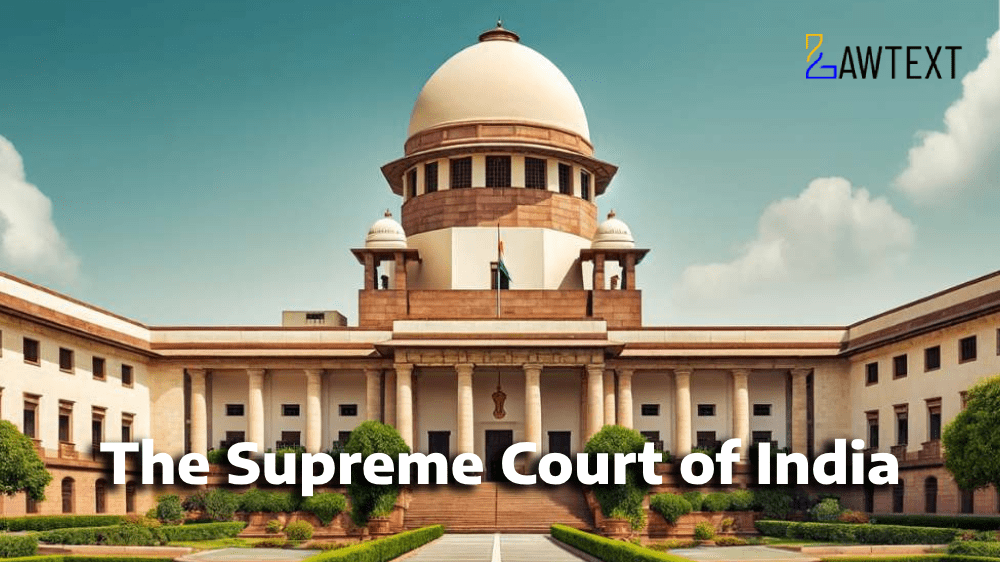

This Supreme Court judgment deals with unauthorized commercial construction on a residential plot in Meerut, Uttar Pradesh, and highlights the necessity for planned urban development and adherence to statutory rules. The Court upheld the High Court's order directing demolition of the unauthorized construction and mandated criminal and departmental actions against the responsible parties.
U.P. Avas Evam Vikas Parishad Adhiniyam, 1965
Transfer of Property Act, 1882
General Principles of Natural Justice
Background (Paras 2-5)
The case originates from the unauthorized commercial construction on residential Plot No. 661/6 in Shastri Nagar, Meerut. The U.P. Avas Evam Vikas Parishad (Housing Board) issued demolition orders for the illegal constructions, which were upheld by the High Court.
Contentions by Appellants (Paras 6-6.1)
Response by Respondents (Paras 7-8)
Principles of Unauthorized Construction (Paras 9-15)
Doctrine of Caveat Emptor and Buyer Responsibility (Para 16.2)
Buyers should verify the title and zoning compliance before purchasing properties. Lack of diligence does not protect them from legal consequences.
Judicial Precedents (Paras 19-21)
References to landmark cases, such as K. Ramadas Shenoy v. Chief Officer, Town Municipal Council, were cited to reiterate that unauthorized constructions must be dealt with stringently.
Directions Issued (Paras 22-23)
General Guidelines on Unauthorized Construction (Paras 20-22)
#UrbanDevelopment #IllegalConstruction #DemolitionOrders #NaturalJustice
Citation: 2024 LawText (SC) (12) 173
Case Number: CIVIL APPEAL NO. 14604 OF 2024 (Arising out of SLP (C) No.36440 of 2014) CIVIL APPEAL NO. 14605 OF 2024 (Arising out of SLP (C) No.1184 of 2015)
Date of Decision: 2024-12-17
Case Title: RAJENDRA KUMAR BARJATYA AND ANOTHER VERSUS U.P. AVAS EVAM VIKAS PARISHAD & ORS.
Before Judge: [J.B. Pardiwala J. , R. Mahadevan J.]
Appellant: RAJENDRA KUMAR BARJATYA AND ANOTHER
Respondent: U.P. AVAS EVAM VIKAS PARISHAD & ORS.